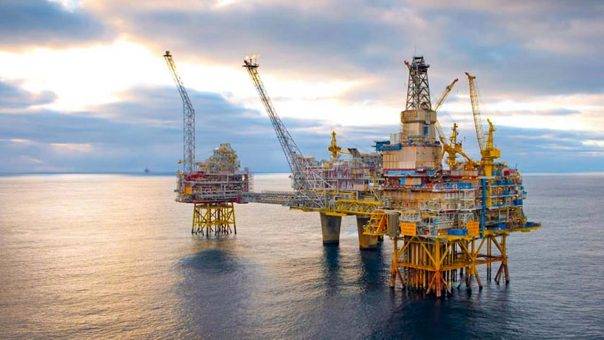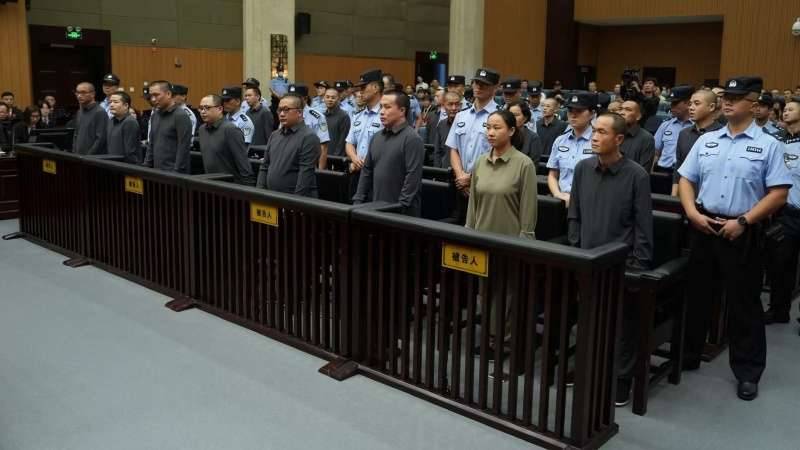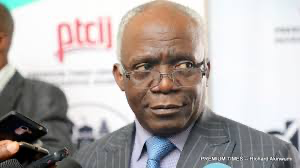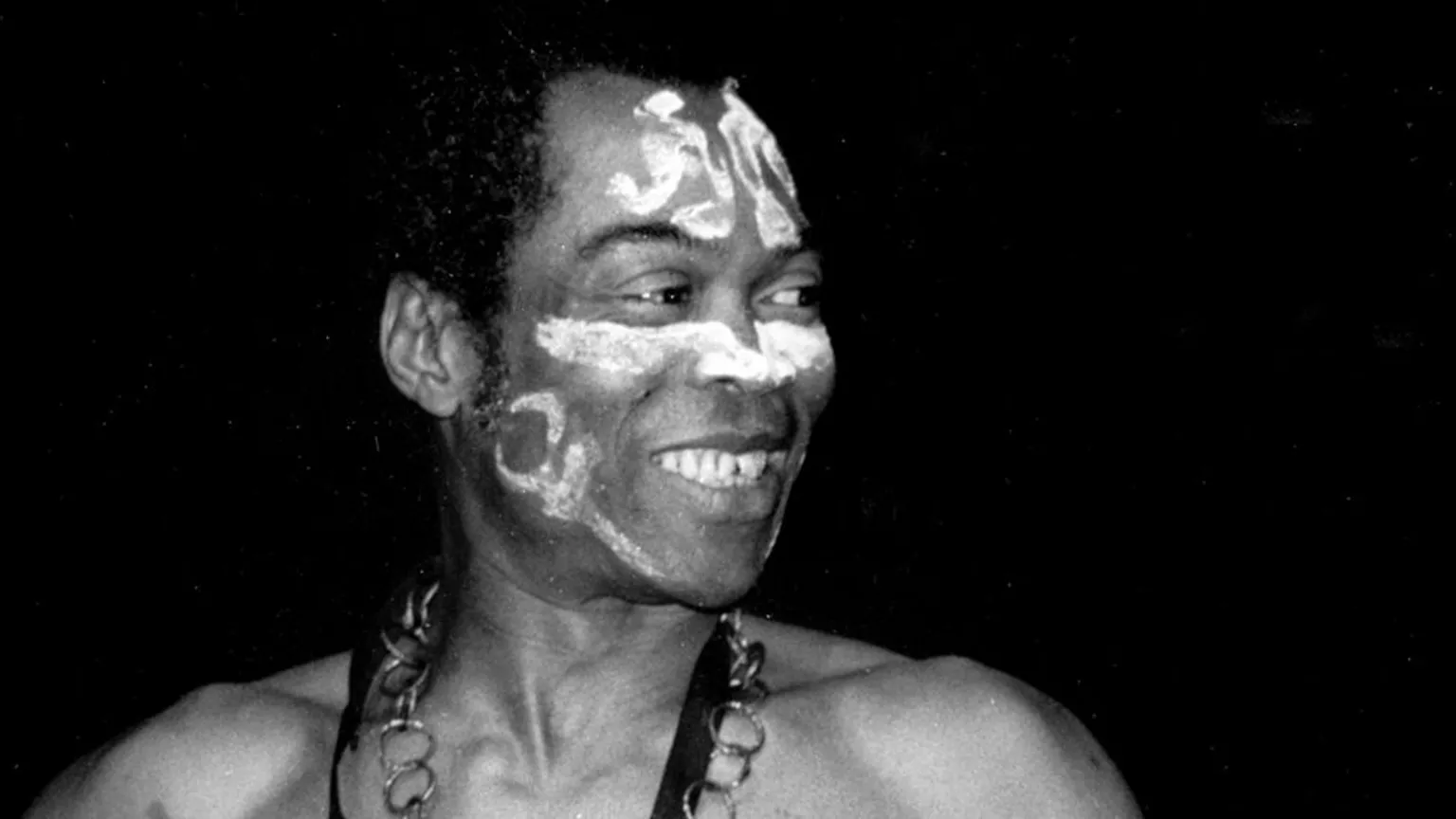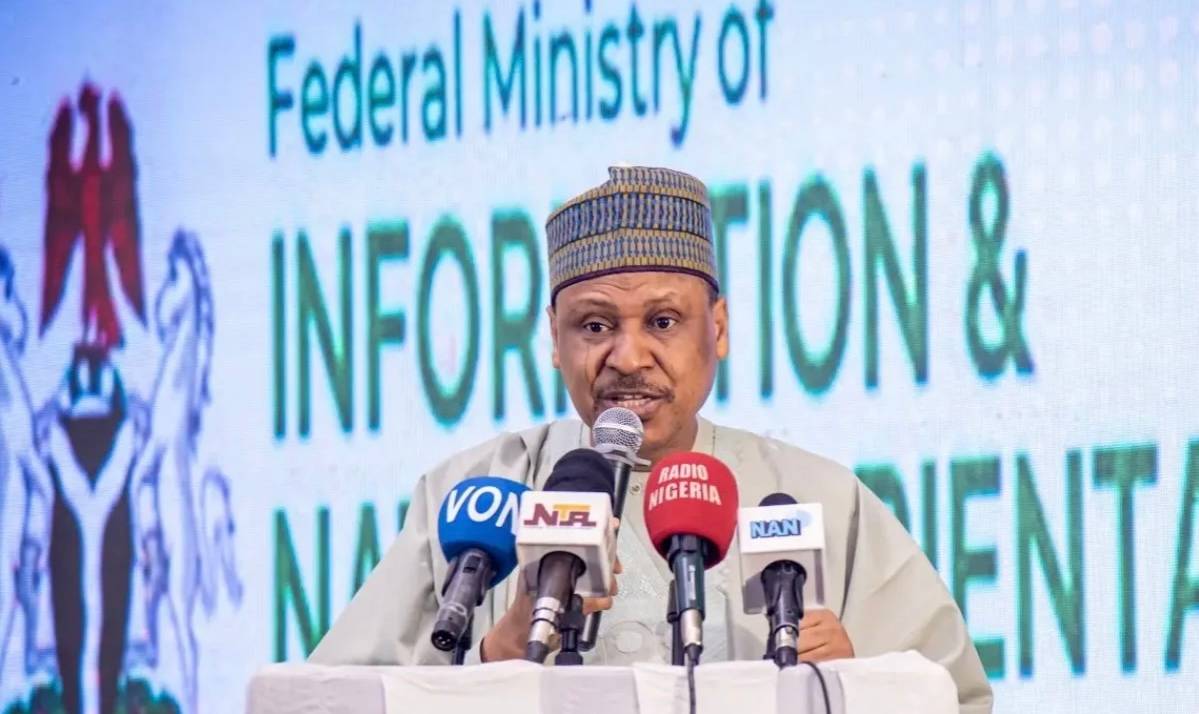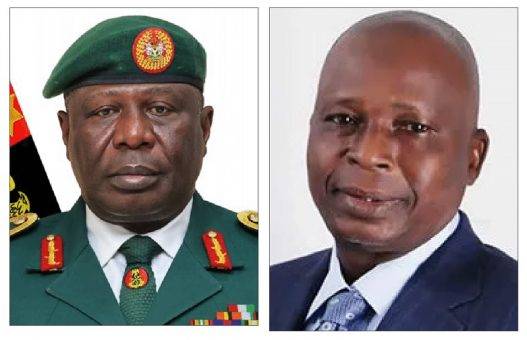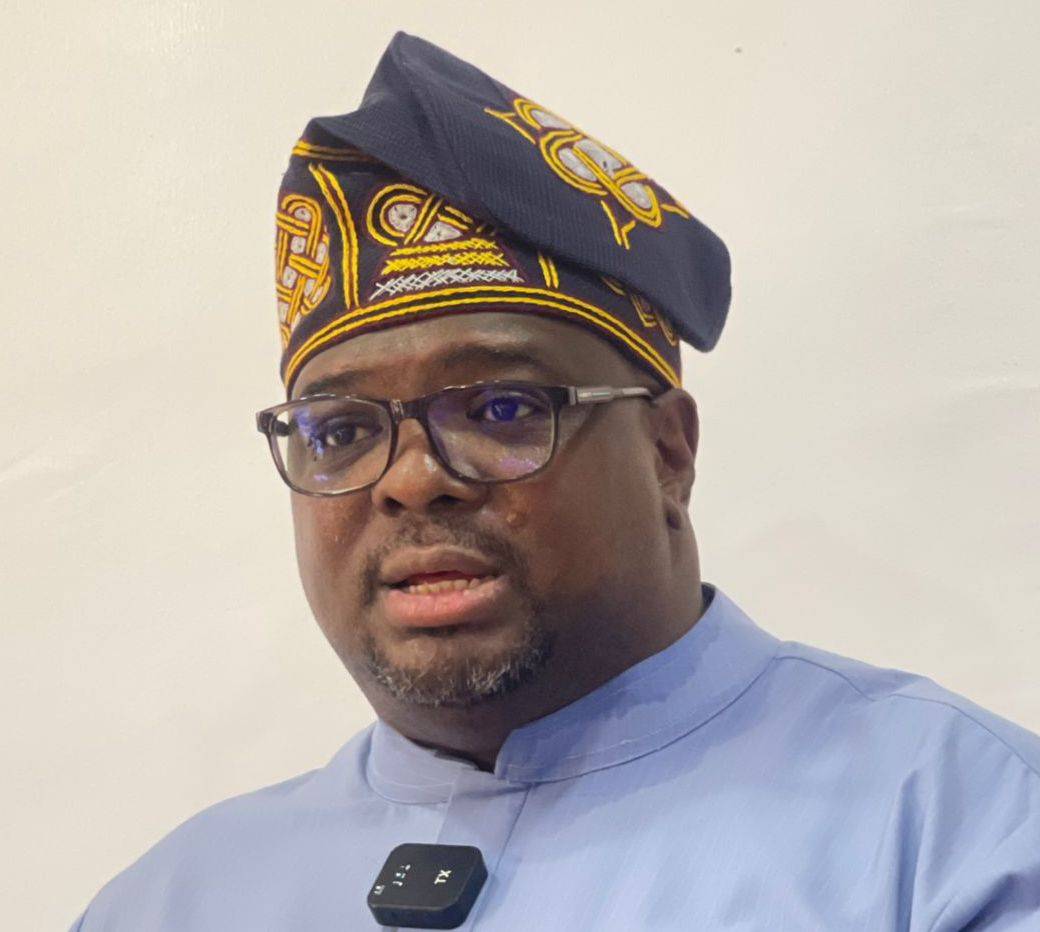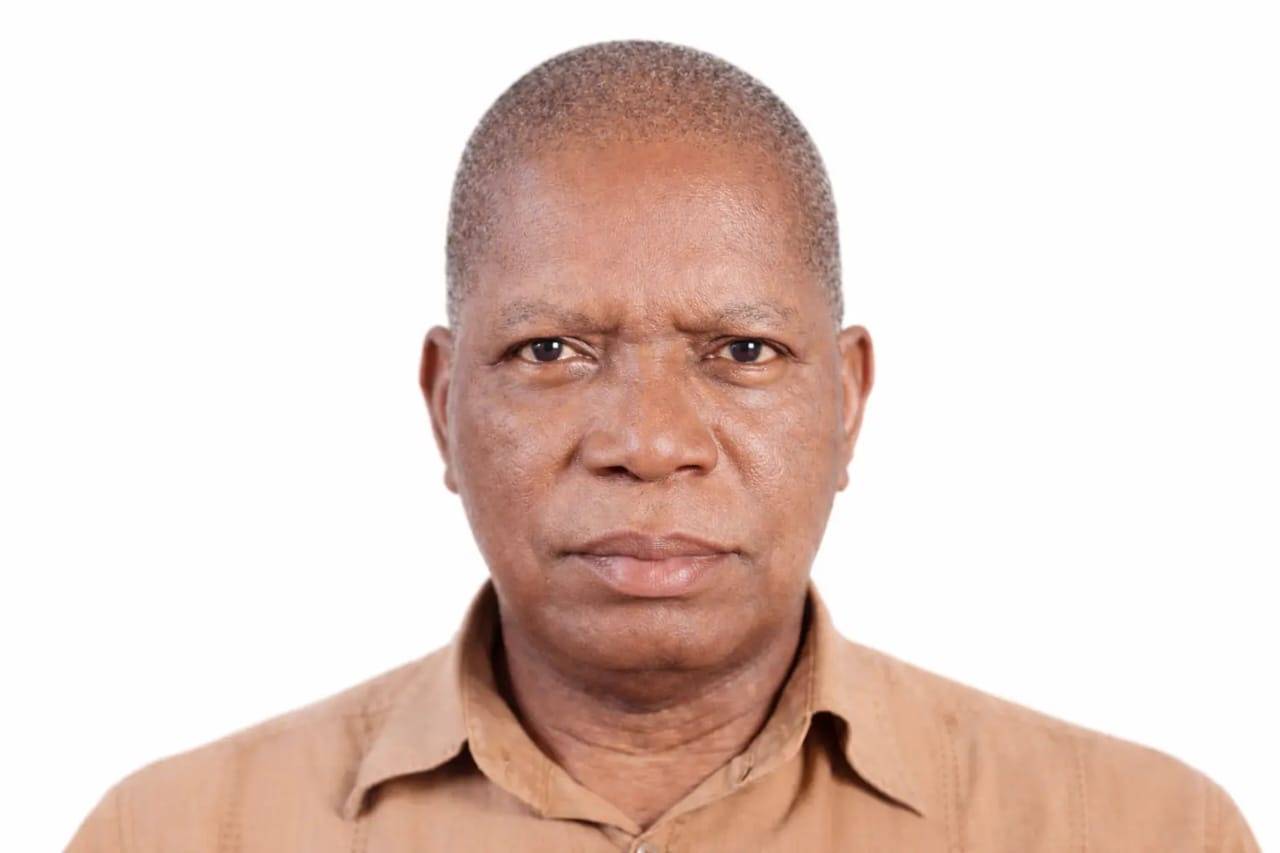By Femi Macaulay
Two striking incidents in November further highlighted corruption in Nigeria’s oil sector and the ironic implication of state actors in crude oil theft.
Chief Government Ekpemupolo, alias Tompolo, Chairman, Tantita Security Services Nigeria Limited (TSSNL), a private security firm engaged by the Federal Government to secure oil assets, accused the Nigerian Navy of sabotaging the country’s fight against crude oil theft.
Investigative journalist and founder of Foundation for Investigative Journalism (FIJ) Fisayo Soyombo, who was arrested at an illegal oil bunkering site in Port Harcourt and detained by the Nigerian Army while conducting an undercover investigation, alleged that “known illegal oil bunkerers were bribing different people with various security formations.”
Allegations of collaboration between members of the country’s security forces and oil thieves are not new. These recent repetitions of the old allegations not only reinforced the narrative but also underscored the failure of the authorities to deal with the alleged collusion.
After he was released from a three-day detention, Soyombo said media reports of his confinement had forced the army authorities to set him free. “I repeatedly asked them that I need to speak to my lawyer and they denied me and they instructed all soldiers around there that none of them must give me their phones,” he said.
It is puzzling that after confirming his identity and why he was found at the site, the 6 Division of the Nigerian Army, Port Harcourt, still kept him in detention. The army, he reasoned, “should be interested in ending illegal oil bunkering and should have seen me as a partner.”
According to him, the army’s operation had happened because “someone in the security setup was offended that he didn’t get bribed because the illegal bunkerers would bribe people in security. One got annoyed and tipped off others.” He also said: “the illegal bunkerers had said they had settled everyone and the guys who came were the ones that were not settled, and a conversation was going to settle them…”
The investigative journalist said he “obtained hard evidence by experiencing the entire process. We were to load crude onto a truck and move it to Enugu, a buyer was waiting. Some move it to Enugu, some move it to Anambra or Abia, some go as far as Kano.”
Before Soyombo’s story, Tompolo had told a story that also raised questions about the war against crude oil theft while receiving the leadership of the Nigerian Bar Association (NBA), led by its President, Mazi Afam Osigwe (SAN), at Oporoza, Delta State. According to him, the navy “is working at cross purposes with other government and private security agencies saddled with the responsibility to curb illegal oil bunkering.” He supported his claim with two recent cases of alleged navy operations that went against the war to stop crude oil theft.
First, he recalled that when men of Tantita intercepted a vessel carrying stolen crude oil in Port Harcourt, they found that personnel of the Nigerian Navy provided escort duties on board the vessel. He said these navy personnel “and others speedily mobilised to the scene with gunboats and other equipment, opened fire on our men and officials of civil defence corps and DSS, who insisted that the vessel could not sail further.” The outcome was that those who were protecting the vessel won.
He added that a similar incident occurred at Ovwian community in Delta State when naval personnel “also overpowered and subdued Tantita operatives to secure safe passage for another vessel carrying stolen crude.” He declared that the cases of involvement of naval personnel in oil theft were “too many to recount,” adding that the Nigerian Navy “has sacrificed its constitutional obligation for pecuniary benefits.”
These accusations are bad for the image of the state security forces, which are not expected to work against the country’s interests. However, the Director of Defence Media Operations, Maj. Gen. Edward Buba, called Tompolo’s allegations “laughable” and “cheap blackmail,” saying, “We are all partners.”
In July, during an investigative hearing on crude oil theft and revenue losses, Speaker of the House of Representatives Abbas Tajudeen observed that the statistics on crude oil theft were “very alarming,” and its negative impact on the economy “quite monumental.” He noted that between January and July 2024, Nigeria lost about 437,000 barrels of crude oil per day due to theft, vandalism and other criminal activities, resulting in a loss of over $10bn.
At the same investigative hearing, Secretary to the Government of the Federation (SGF) George Akume, represented by the Permanent Secretary, General Services, Maurice Nnamdi Mbaeri, said crude oil theft and the associated losses had “devastating implications for our economy and national security.” Nigeria has continually failed to meet its daily production quota as set by the Organisation of the Petroleum Exporting Countries (OPEC) as a result of oil theft, he stated, adding that the situation “not only undermines our revenues but also hampers the provision of essential services that millions of Nigerians rely upon.”
The SGF also said, since 2020, expenditure aimed at tackling crude oil theft and securing the country’s oil infrastructure had exceeded $1.5bn “allocated towards enhancing surveillance capabilities, securing pipelines, and increasing the presence of law enforcement agencies in critical oil-producing areas.”
This is why Tompolo’s allegations were not only disturbing but called for urgent intervention by the authorities. The huge spending to stop crude oil theft may well be going down the drain on account of the alleged sabotage by navy personnel.
Private security companies, including Tantita, were controversially contracted to secure the country’s oil infrastructure because of poor performance of state actors in the first place. Allegations of collusion with oil thieves worsens the case of poor performance against state actors.
In November, Nigerian National Petroleum Company Limited (NNPCL) announced that it had increased oil production to 1.8 million barrels per day (bpd) and hoped to get to two million bpd by December. The firm’s CEO, Mele Kyari, attributed the improvement to rigorous pipeline monitoring, among others.
To ensure that the country continues on this path of recovery, the Federal Government must launch an independent investigation regarding Tompolo’s allegations and resolutely pursue the arrest and prosecution of oil thieves and their enablers.
In November, the Chief of Navy Staff, Vice Admiral Emmanuel Ogalla, at a media briefing where he was represented by the Chief of Policy and Plans, Rear Adm. Olusegun Ferreira, said in the past four years, the Nigerian Navy “has confiscated over 8.1 million barrels of stolen crude oil… and arrested 392 suspected oil thieves.” It is unclear if state actors were among the arrested suspects.
To win the war against crude oil theft, the authorities must tackle the claimed collusion between members of the country’s security forces and oil thieves. Or are the saboteurs, particularly state actors, too slippery to be caught?
Culled from The Nation


